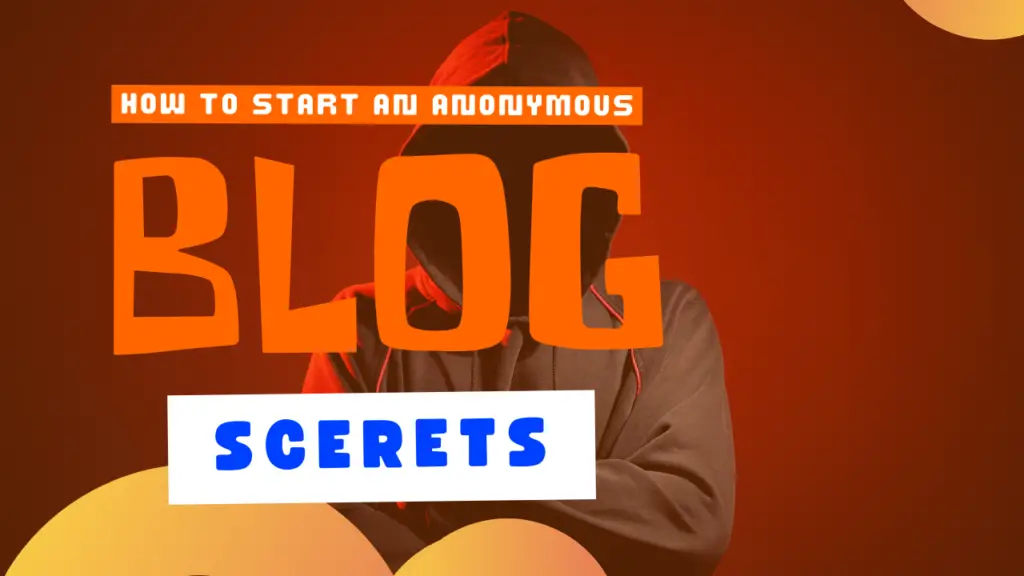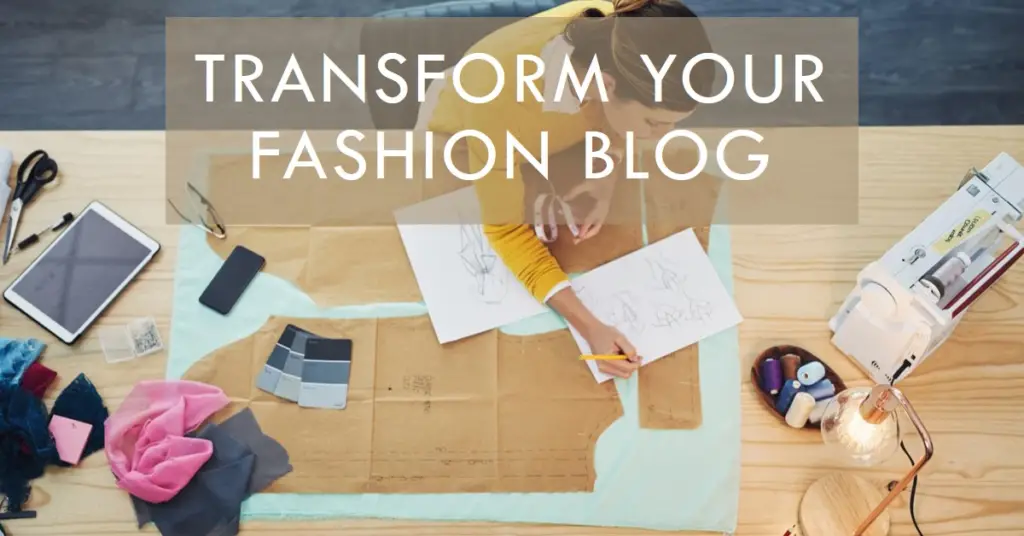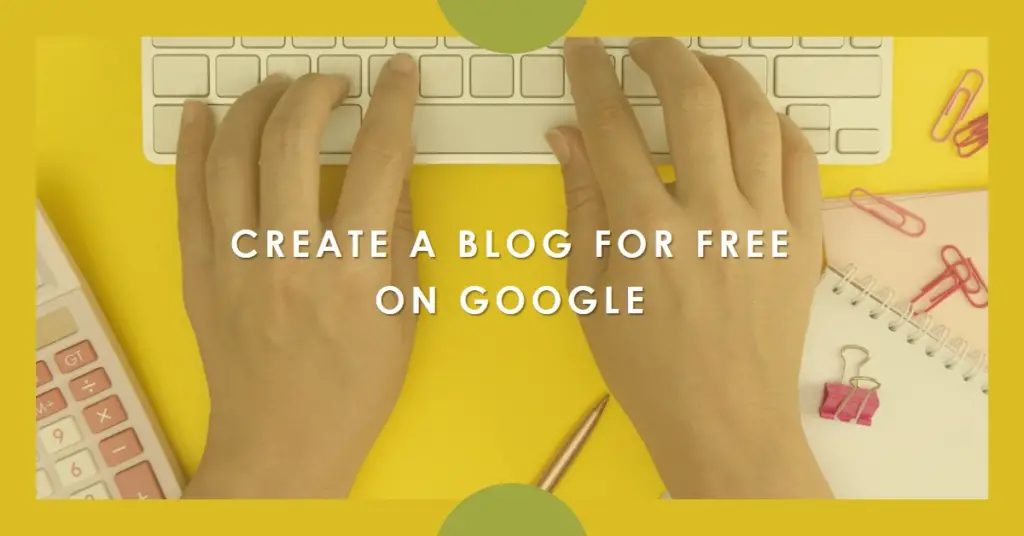Hey Guys, Thank you for selecting my blog post out of 94,19,47,832 results across the web for HOW TO BLOG ANONYMOUSLY or HOW TO START AN ANONYMOUS BLOG. I’ll try to keep that trust and never disappoint you all. So, with that statement, Let’s get started.
When setting up accounts for anonymous blogging, it is crucial to create an anonymous email address for privacy and anonymity.
I want to start this topic with a question that goes like, “Why does one want to do anonymous blogging in 2023?”. Or why is it needed? The answer is simple: “exponentially increasing privacy concerns “.
We all know that nothing is private in this modern world. If you think your data is secured, it’s not trust me.
Everything you post, read, write, etc., is on the internet and stays forever on the internet. Anyone who knows some hacking can access all of your private information or may even sell it or use it to blackmail if you have any enmity.
This topic is huge if we sit to discuss it. It will surely take a lot of your time. So, let’s not get into that.
You all are here to learn how to blog anonymously or privately, especially in 2024, the early stage of AI. In this blog post, I will share what you must do to start an anonymous blog.
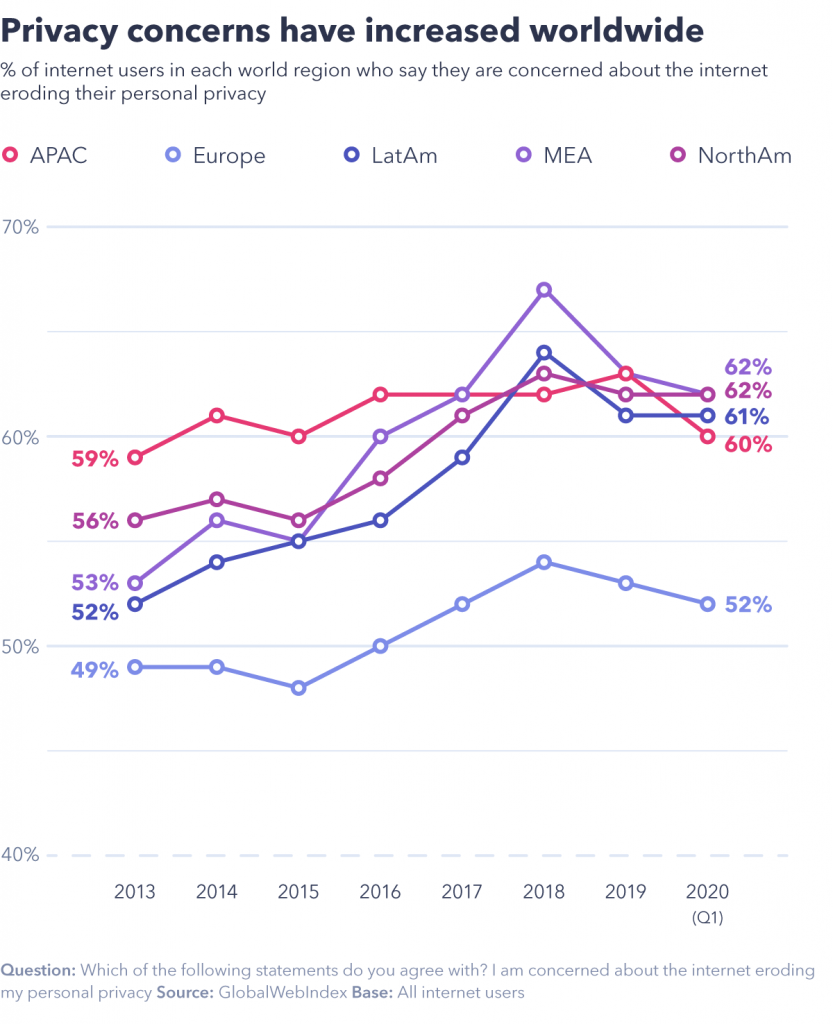
Why blog anonymously?
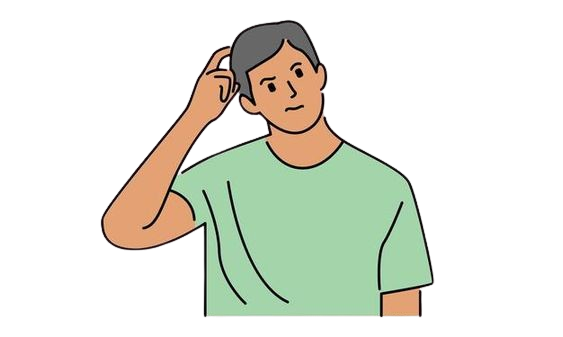
I have discussed this above briefly, but here’s the full explanation.
The main reason to blog without sharing who you are is that it will keep you private, and there will be no privacy concerns.
Although you may not be completely anonymous online, maintaining anonymity for personal and professional reasons is crucial.
It is also important to keep personal details concealed to ensure your anonymity.
Secondly, you can share your thoughts clearly and without any hesitation on sensitive topics.
These two are the main benefits of blogging anonymously.
Pros of an anonymous blog
– Ability to write about sensitive topics
– Less risk of negative feedback affecting your personal life
– Greater freedom of expression
– Increased privacy
– Freedom to share personal finance details and stories anonymously
Cons of an anonymous blog
– Limited Monetization Options
– Hard to make connections and network with other bloggers
– Can’t build a personal brand
– Trust issues with your audience
The decision to not use Google AdSense or Affiliate Links limits monetization options
YOU MAY ALSO LIKE
Tips for staying anonymous
Here’s the list of things you will need to keep your blog anonymous:
Using a Virtual Private Network (VPN)
Hiding your IP Address is the most crucial thing when you blog anonymously.
For those who don’t know what an IP address is? It is a unique identifier that can reveal your real-time location and other useful information related to you.
Without hiding it, you can be easily traced and exposed. The best possible way to hide your IP is to use a VPN.
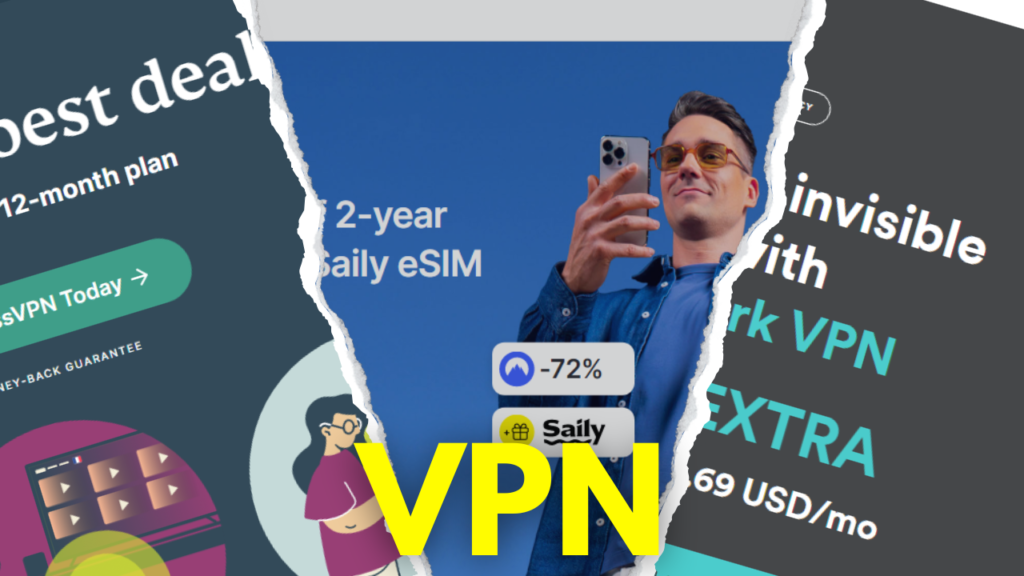
What does a VPN do? It creates an encrypted connection and masks your IP, which makes it difficult for anyone to trace you online.
Many VPNs come with additional security features, such as a kill switch, which can disconnect you from the internet if your VPN connection drops.
Choosing a reputable VPN that doesn’t keep records of your online activity is important.
2024 BEST VPNs: ExpressVPN | Surfshark | NordVPN
Choosing the Right Blogging Platform
The next step to start an anonymous blog is to choose the right platform. A blogging platform hosts your blog, provides templates, and handles website maintenance.
There are two types of hosting options: hosted and self-hosted.
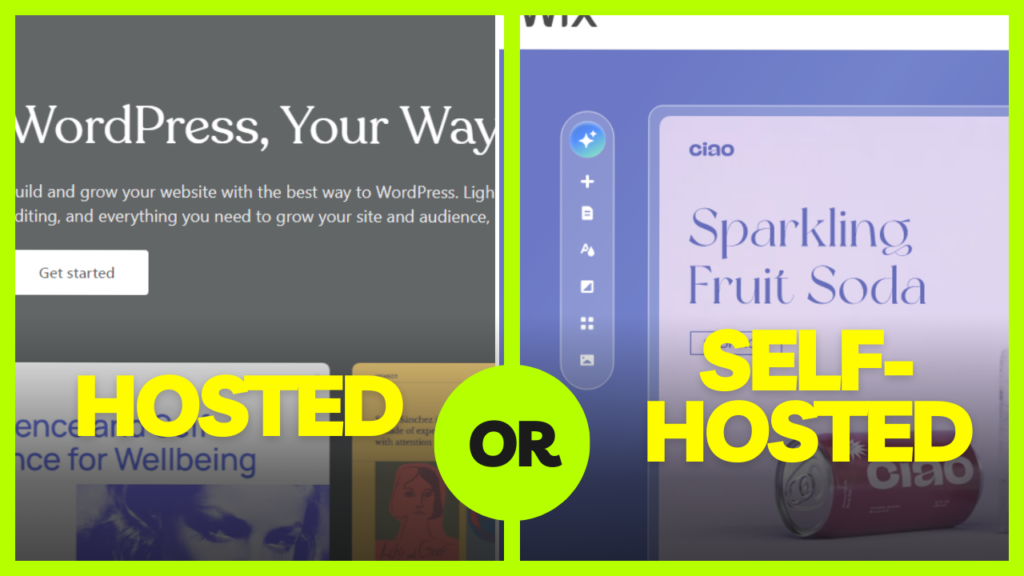
Hosted platforms such as Wix and Squarespace are easy to use and low maintenance.
They usually have a drag-and-drop interface and offer various templates. They are more restricted, and you’ll only partially control your website.
Self-hosted platforms such as WordPress and Ghost provide more control and flexibility.
Here, You can fully control your website’s customization and add any necessary features. You’ll have full rights to customize your website your way.
Which platform are you going to choose for anonymous blogging? The answer is Self-hosted platforms. They allow you to control your website completely, and it’s easier to remain anonymous here than hosted platforms.
Best Self-Hosted Platforms: WordPress.org | Ghost
I recommend setting up a WordPress blog for anonymous blogging due to its extensive customization options and control over privacy settings.
Creating a Separate Email Account
Another important step in starting an anonymous blog is to create a separate free email address. That will help you keep your blogging activities separate from your personal or professional life.
It will also provide additional security and protection for your identity.
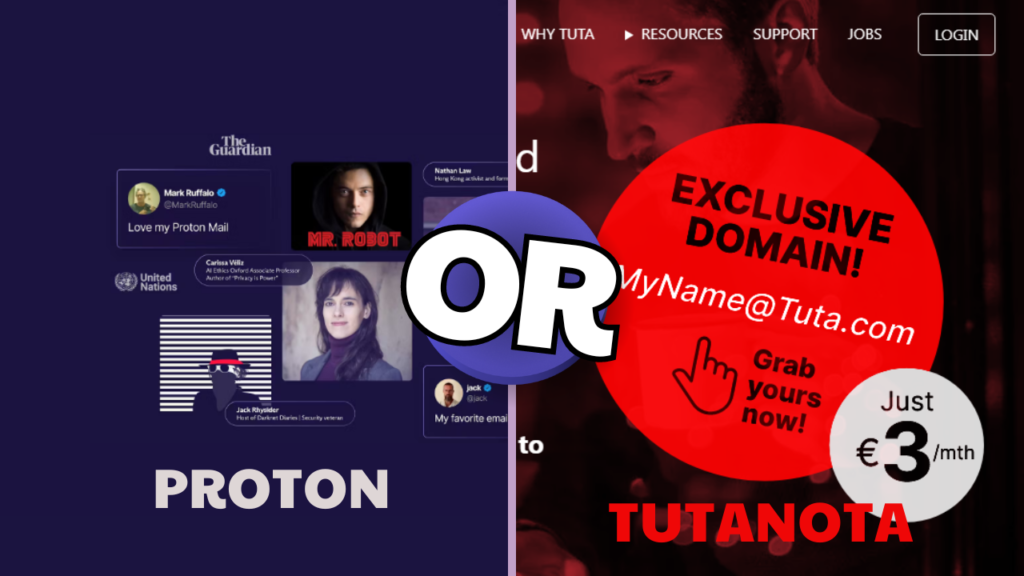
To create a secure email account, please be sure to use a strong, unique password and enable two-factor authentication.
When choosing an email provider for your anonymous blog, it is important to look for one that takes privacy and security seriously.
Best Recommendation if not using Gmail: ProtonMail | Tutanota
Selecting Your Pen Name
Picking a pen name is a challenging job. A pen name should be anonymous, unique, relevant, and memorable.
What I mean by these factors is that choosing a pen name shouldn’t have any connection to your real identity.
I suggest not including your actual initials or any information that could lead back to you.
It should have some uniqueness that may help you build a distinct online presence.
Next up is relevancy, which tells your audience what you post. Last but not least, It should be easy to read, write, and remember.
By considering these factors, you can create a perfect pen name.
Building an Author Persona
Your pen name is more than just a name; it’s the foundation of your author persona.
So, how do you build an author persona?
There are various steps, but I will cover the five most important ones to build a compelling persona:
1. Develop a Biography: You can create a brief, fictional backstory for your pen name. Sharing details about their interests, experiences, and expertise related to your blog’s niche.
2. Create a Profile Picture: Select an avatar or image that represents your persona. Please avoid using personal photos or easily recognizable images to stay anonymous.

3. Voice and Style: Define how your pen name communicates with your audience. Is your persona formal, witty, or informative? Consistency in tone and style is the key to success.
4. Maintain Separation: It’s important to keep your pen name distinct from your real identity to maintain anonymity.
5. Engage Authentically: Interact with your audience in character by responding to comments and messages as your pen name persona to enhance the illusion.
Using WHOIS Privacy
When starting your own website, some of your information leaks out publicly, like your name and address.
And when people see your personal information, it can lead to numerous problems. You might get spam emails or even threats.
WHOIS privacy can help you solve this problem by keeping your data private. Additionally, setting up legal pages and templates for your blog is crucial to maintain legality and protect anonymity.
With WHOIS privacy, your real information is hidden. Instead, your generic details are shown. It means that your name, email, and address are secret.
Hiding Personal Information Online
Hiding personal information is one of the most important things when blogging anonymously.
So, Any information that hints at your location, physical characteristics, or unique quirks can give away your identity.
Therefore, I strongly suggest not to post anything personal on your blog, including photos and videos.
Maintaining a personal blog using a pseudonym can also help protect your privacy.
If you think that this topic is over.
Well, wait for another issue, which is EXIF data that is stored in most images.
This data includes information about the phone brand, camera model, GPS coordinates, focal length, and other details that could be used to track you down.
Posting such images on your blog can be dangerous. Therefore, removing the EXIF data before uploading images to your blog is important.
Timely Moderation of Comments
Unmoderated blog comments can be risky for bloggers as they allow spammers with malicious intent to leave their links, which can harm both the blogger and his audience.
Readers with harmful intentions could leave fraudulent links on a blogger’s page that could infect their device with malware or expose personal information.
To be safe from this, you should review comments before publishing them on their sites.
The comments should be free from any links from harmful websites, and any links left should be from reputable sources.
You should also limit any sensitive information shared in the comments section and instruct readers not to share personal information in the comments.
Doing this can prevent security issues and promote a healthy discussion in the comments section.
Maintaining a successful blog while keeping one’s identity private is crucial; moderating comments effectively can help achieve this.
Protecting Your Identity on Social Media
Social media is a double-edged sword when it comes to anonymous blogging.
On the one hand, it can promote your content and get your name out there. On the other hand, it’s a potential goldmine of information for people who want to uncover your true identity.
So, how do you navigate social media as an anonymous blogger?
Avoid sharing any personal information, even in messages, and ensure you don’t have your face’s photo in your DP.
And if you do want to promote your blog on social media anyway, consider using third-party services that allow you to post under a pseudonym.
For Example:- Fiverr
Overall, social media can be a useful tool for promoting your anonymous blog.
So, make sure you take the necessary precautions to protect your identity and be aware of its limitations as a promotional platform.
Using Tor Browser
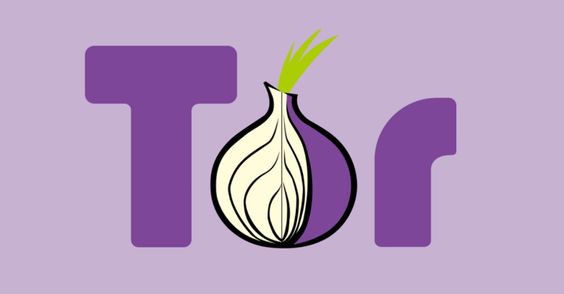
The Tor Browser is a tool for surfing the web anonymously. It’s like wearing a mask when you’re online.
Why is Tor Browser Important?
Using Tor Browser makes it hard for anyone to track or know what you’re doing online.
It’s good for privacy and lets you visit websites that might be blocked in some places.
You can use it to do deep research on a particular topic without any restrictions.
Getting Tor Browser
You can get the Tor Browser from its official website. It might make your internet a bit slower, but it keeps you safe and private online.
Download Page: Tor Browser
FAQs
Do I need to use a VPN and a proxy, or is one sufficient?
Using both a VPN and a proxy will provide an extra security layer that can enhance your anonymity.
How can I prevent my writing style from revealing my identity?
Focus on writing in a neutral tone, avoid personal anecdotes, and use tools like Grammarly to help hide your writing style.
What are some recommended encrypted messaging apps for secure communication?
Signal, Telegram, and Wickr are popular options known for their strong encryption and privacy features.
Are there any legal risks associated with anonymous blogging?
Yes, there can be legal risks in activities that may break the law or infringe on someone else’s rights. So, educate yourself on the laws in your jurisdiction.
Conclusion
I’m happy to announce that we have completed another awesome blog post. I hope you find it useful.
Let’s summarize what we’ve learned so far.
My blog post began with a question, “How do you start an anonymous blog in 2024?” I responded briefly due to privacy concerns.
Afterwards, we discussed some advantages and disadvantages of anonymous blogs.
Among the advantages are freedom from judgment, enhanced creativity, and more privacy.
Whereas the disadvantages are fewer monetization options, trust issues with audiences, and difficulties networking.
Then, we jumped to the main thing: the techniques for blogging anonymously, like using VPN, Pen Name, WHOIS privacy, and Tor Browser, choosing an anonymous blogging platform like WordPress, and creating an anonymous email with ProtonMail.
Timely moderating blog comments and using social media properly also help you stay anonymous.
That’s all for this blog. I have provided as much information as possible in layman’s language so that anyone with basic English skills can understand “how to blog anonymously“.
You have read this far. Thank you, and best of luck with your anonymous blogging.
